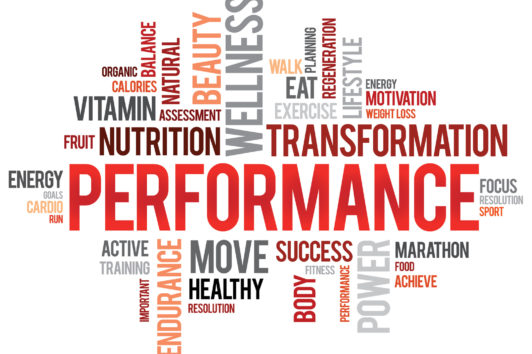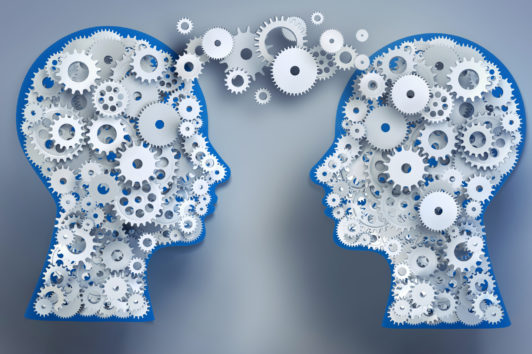Gobinder Gill
Gobinder is a lecturer in Sport Psychology and Research Methods at Birmingham Metropolitan College in the West Midlands.
@psychedge01
Article
THEORY: Positive self-belief is an internal aspect of your psychological make-up. When you are looking at achieving success and reaching your goals remaining positive is important. Self-belief must come from within. PRACTICE: The practice of positive self-belief relates to asking questions. These questions relate to what you can achieve and...

Article
THEORY: Goal setting is a motivational tool to support and enhance performance. As humans we focus too much on outcome goals. Although outcome goals are important, performers should also consider performance goals. Performance goals are important because they allow you to better understand your own performance. Therefore, performance goals should...

Article
THEORY: Mental toughness is important and integral for successful outcomes. Key characteristics of mental toughness relate to consistency, desire, focus, overcoming setbacks, resilience and concentration. PRACTICE: Becoming mentally tough does not occur overnight. To become mentally tough one must experience a range of situations that are both positive and negative....

Article
THEORY: Focus is an essential component to sporting success. Focus allows performers to attend to the cues in hand and concentrate on tasks to achieve success. The ability to focus is important because it allows performers an opportunity to achieve their goals. PRACTICE: Focus is something that we can develop...

Article
Key Learning Points: Becoming aware of own emotions Regulating own emotions Developing strategies to cope under pressure Identifying your emotions - Identify emotions can be easily identified if we write down how we feel when positive and how we feel when we are negative. A list of positive and negative...

Article
THEORY: Pressure is something that we handle in two ways. One is positive, the other is negative. Performers who handle pressure in a positive fashion are more likely to enjoy success. Performers who handle pressure in a negative fashion will not succeed. Pressure is something that we should enjoy. PRACTICE:...

Article
THEORY: Positive self-talk relates to the ability to overcome negative thinking. Those who practice positive self-talk are more likely not to suffer from negative thoughts. Positive self-talk allows performers to be more relaxed and focused. Negative thoughts will increase anxiety levels. In reverse, positive self-talk creates happiness and excitement that...

Article
Psychology is undoubtably a fascinating area that has many characteristics which can enpower people in both thought and emotion. Examples of extreme psychology can emanate from happiness, excitement and joy to fear, sadness and depression. Therefore, positive and negative aspects of psychology are world's apart in extremity. Aruably, these extreme...

Article
This article is written for the purpose of practitioners and performers in facilitating self-confidence levels. In practice, the 12 point self-confidence plan is a useful tool. This self-confidence plan is a set of statements that can be used to help increase self-confidence levels and or maintain high levels of confidence...

Article
Managing personal relationships can be enhanced through emotional intelligence. Evidence suggests that people with higher levels of emotional intelligence lead more successful careers and nurture better relationships than those with low emotional intelligence. Emotional intelligence is defined as, ‘the ability to understand emotions of own and that of others. It...

Article
This is a short and simple article on managing emotions. The key aim is to allow performers an opportunity to utilise a strategy to enable them to manage emotions in sporting environments. Identify emotions Performers are encouraged to write down both their positive and negative emotions following performance. This practice...


